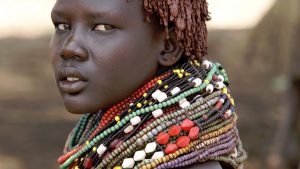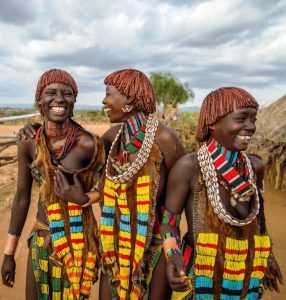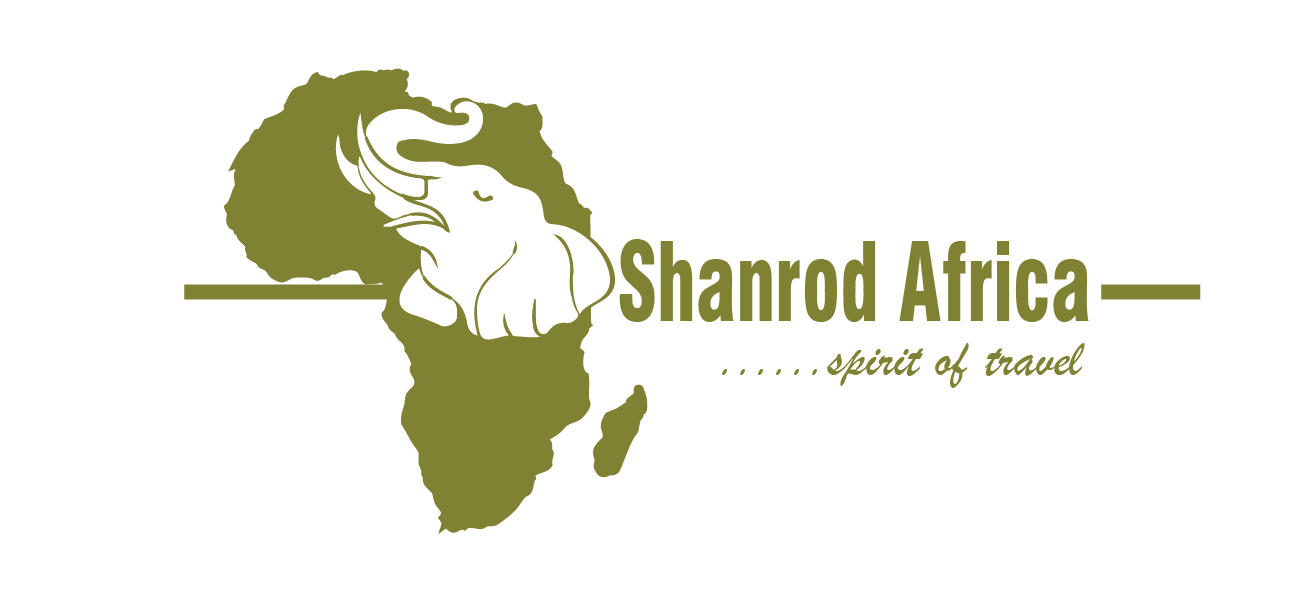
South Omo is Ethiopia’s most culturally and linguistically diverse administrative zone, supporting 16 different ethnic groups who all staunchly keep to their unique traditional costumes, customs and beliefs. Also in the area is the Lower Omo UNESCO World Heritage Site, protecting a number of important paleontological sites.
The Mursi, inhabitants of South Omo are remarkable for their body art. Hamer women are notable for their long-fringed, hennadyed dreadlocked hairdo, while the men must perform a unique bull-jumping ritual as an initiation into adulthood. The Karo, who live alongside the Omo River as it flows along the zone’s western boundary, are celebrated for their colourful ritual body painting.
 The best way to explore South Omo is to visit a few of its small towns on their specific market days, when a diverse mix of colourfully-adorned villagers can be seen buying and selling wares.
The best way to explore South Omo is to visit a few of its small towns on their specific market days, when a diverse mix of colourfully-adorned villagers can be seen buying and selling wares.
Also within South Omo, the little-visited Lower Omo UNESCO World Heritage Site, set close to where the Omo River empties into Lake Turkana, protects a number of important paleontological sites.

